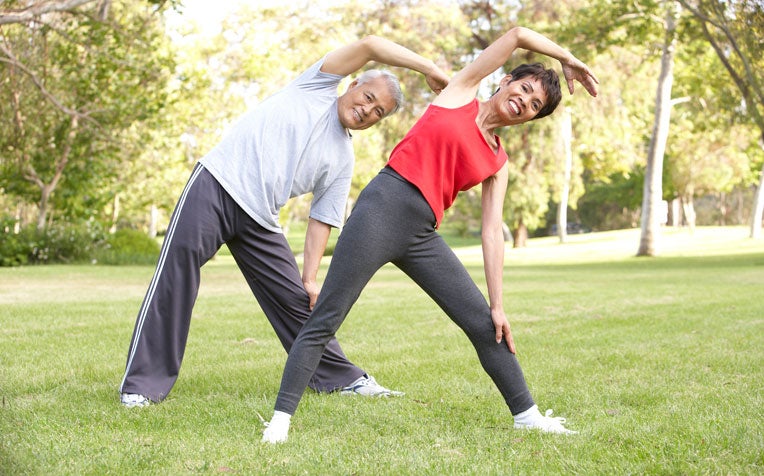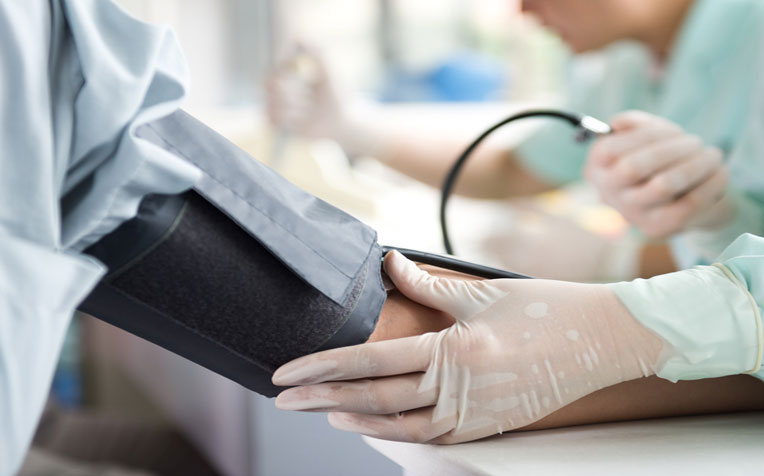
Exercise, together with medicine, will help to lower high blood pressure effectively.
Taking medicine alone is not enough to reduce high blood pressure
Have high blood pressure? While it is crucial to take your medication, did you know that exercise is one of the best ways to bring your blood pressure down?
“High blood pressure, or hypertension, is diagnosed when your systolic blood pressure is equal to or greater than 140mmHg, or if your diastolic blood pressure is equal to or greater than 90mmHg,” explains physiotherapists from Singapore General Hospital's (SGH) Lifestyle Enhancement & Fitness Improvement programme. SGH is a member of the SingHealth group.
As the condition has no symptoms, it is commonly known as a “silent killer”. If left untreated in the long-term, it can cause damage to the heart and blood vessels, leading to heart attack, stroke or renal failure.
Normal blood pressure achievable with medicine AND exercise
To control your high blood pressure, your doctor may prescribe medications like diuretics (“water pills”), beta-blockers or calcium channel blockers. But sometimes, your doctor may first recommend lifestyle changes, such as exercise and cutting down on salt.
Becoming more active is an important and effective way to help bring your blood pressure down to normal levels. However, this needs to be done together with pharmacological therapy, if prescribed.
Exercise can help to lower blood pressure
Blood pressure is affected by the resistance of the peripheral blood vessels (those vessels outside the heart): the higher the peripheral resistance, the higher the blood pressure. Long-term exercise has a positive effect on blood pressure because it reduces the resistance of the peripheral blood vessels via hormonal effects and structural adaptations.
Regular physical activity of at least 30 minutes on most days of the week can lower your blood pressure by five to 10 mmHg, a reduction similar to that achieved with some blood pressure drugs.
Importantly, working out can help you to maintain a healthy weight, which is also crucial in controlling your blood pressure. “Usually, the greater the BMI, the greater the blood pressure. This is attributed to the greater output from the heart, as well as the reduced insulin sensitivity, which also affects the blood pressure,” explains Mr Png.
Ref: T12
Check out our other articles on high blood pressure (hypertension):
Hypertension: Understanding Blood Pressure Ranges
High Blood Pressure: Top 5 Myths
High Blood Pressure: 5 Ways to Lower It Without Medication
3 Foods to Avoid to Prevent High Blood Pressure
4 Foods to Eat to Bring Down High Blood Pressure



















 Get it on Google Play
Get it on Google Play